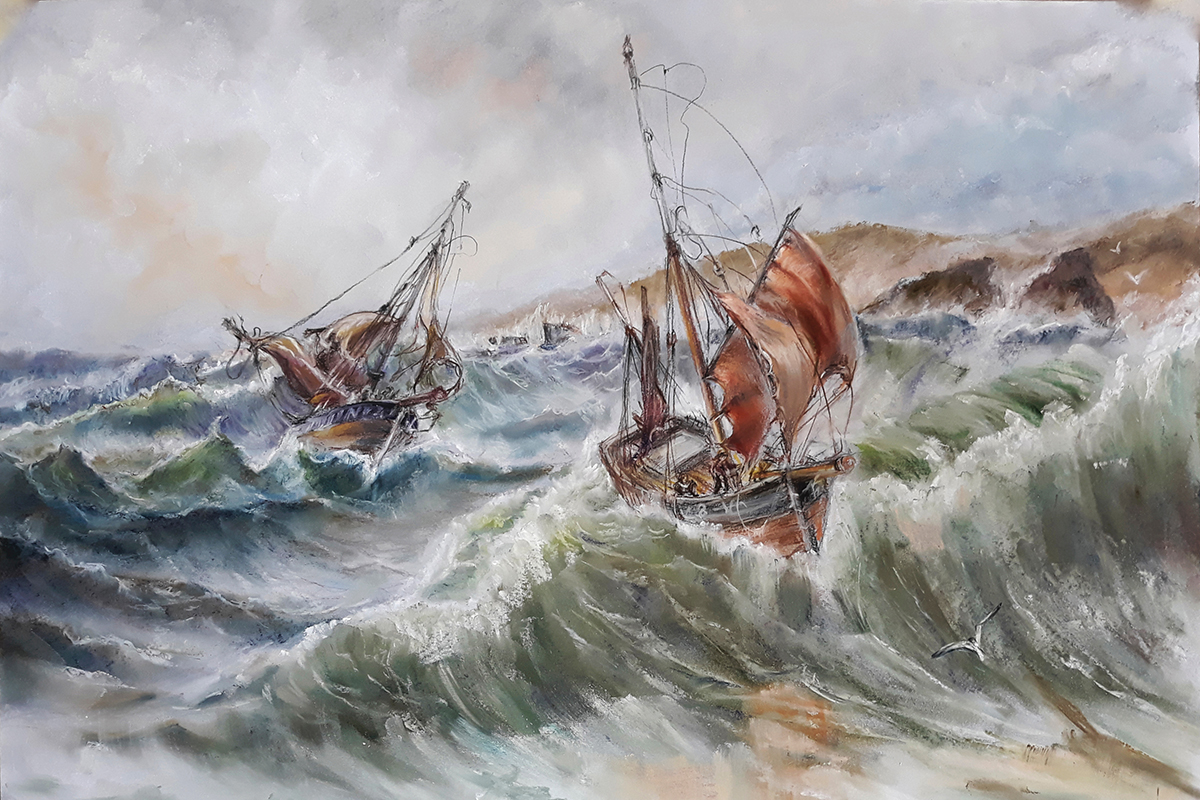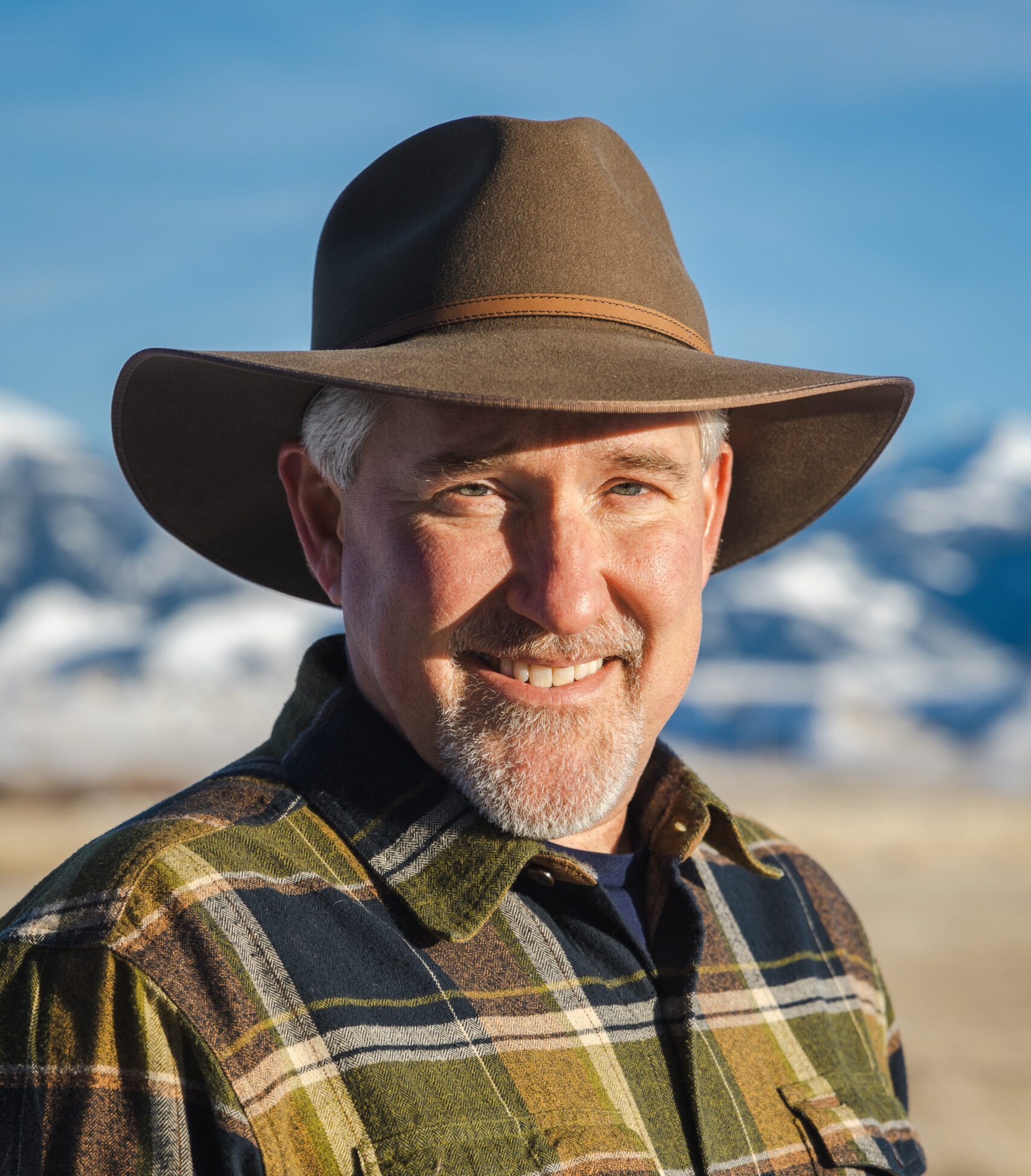My migration to PERC was a generation in the making. In the mid-1990s, working for a Florida think tank founded by an up-and-coming policy junkie named Jeb Bush, I was struggling to find an approach to conservation issues that would appeal to those who loved nature and the outdoors but understood there were limitations to government solutions. What came across my desk one day was more newsletter than magazine: a black-and-white pamphlet with a splash of green called PERC Reports. It might not have been much to look at, but the ideas and articles resonated. This little organization in faraway Montana, then known as the Political Economy Research Center, was advancing a unique approach to conservation. And that approach was free market environmentalism.
The ideas were provocative and counterintuitive. Rather than just criticizing excessive government regulation or environmental litigation, PERC scholars were offering real solutions, like individual fishing quotas and water markets, that improved conservation outcomes. To them, the environment was not a religion but a science, and as such, something that economics could improve for the better.
Years later, after going on to work for Governor Jeb Bush, I became PERC’s first adjunct fellow. It was a nice (and no-cost) way for founder Terry Anderson to include a non-academic like me in some of PERC’s research and writing. I had also become a conservationist and policymaker myself, going on to serve 14 years as a commissioner on Florida’s Fish and Wildlife Conservation Commission. And there I ran into PERC again.
In 2007, Florida and other Gulf Coast states were grappling with overfishing of red snapper. It was a classic case of the tragedy of the commons—a race to catch the fish was causing overharvest, a conservation disaster. The red snapper population had fallen to just 4 percent of its historical levels. PERC and Environmental Defense Fund teamed up to educate fish commissioners and biologists on how property rights through individual fishing quotas, now known as catch shares, were helping recover fisheries around the world and could do the same for imperiled Gulf Coast fisheries.
Rather than just criticizing excessive government regulation or environmental litigation, PERC scholars were offering real solutions, like individual fishing quotas and water markets, that improved conservation outcomes.
The tradable quotas were a better way to manage the commercial harvest of fish, moving away from fishing derbies to a property rights-based system that created incentives for stewardship. As James Workman explains (p. 40), under catch shares, fishery managers set a sustainable total harvest, and each fisherman is assigned a portion of the catch, which they can buy, sell, or lease. Everyone has a stake in the future of the fishery, encouraging collective stewardship.
The idea was not without controversy. Anything akin to private ownership of a common resource was anathema to some commissioners. But after robust discussion and debate, we supported a catch-shares system, and today, those fisheries have made remarkable comebacks. Overfishing in the commercial fishery ended, and the red snapper spawning stock tripled.
The success of catch shares demonstrates two lessons that help drive PERC in its 40th year. First, PERC, while a research center at its core, has incredible potential to influence public policy related to the environment, not to mention on-the-ground conservation. Second, PERC’s work is even more effective when we partner with other open-minded, outcome-oriented conservation organizations like Environmental Defense Fund.
Today, PERC is still working with many of the same environmental organizations and others on issues like habitat restoration, conservation leasing, and forest resiliency. Our researchers are regularly asked to testify at congressional hearings and to brief officials at the Department of the Interior and other agencies. We are partnering with national park superintendents, including at nearby Yellowstone, to improve park management and address the overdue maintenance of our most treasured lands. Overseas, you will find our ideas in action in Africa, helping preserve habitat for big-game species and other wildlife. Throughout the American West, we engage with cattle ranchers and biologists to conserve some of our nation’s greatest land-mammal migrations. And, true to our roots, we are still a research hub for scholars, economists, and scientists alike, hosting workshops and bringing diverse perspectives to the table.
Today, 2,000 miles from Florida and living in Bozeman, I sense there is palpable excitement about the future of PERC. Forty years ago, our founding fathers faced extreme headwinds and plenty of criticism. It was not fashionable then to think that market approaches could help the environment. But now, throughout the world of conservation, you see plenty examples of their vision in action—water markets to protect freshwater flows, catch shares to manage marine fisheries, innovative incentives to steward private working lands, policy reforms to promote the recovery of rare species, and user-pays systems to support public land conservation.
In recognition of our influence on conservation, PERC recently won a distinguished prize for “punching above its weight class.” As environmental journalist Todd Wilkinson likes to say, “PERC is no longer a garage band.” With four decades under the belt, we’ve arrived on the big stage of conservation, and that’s where we plan to stay.




